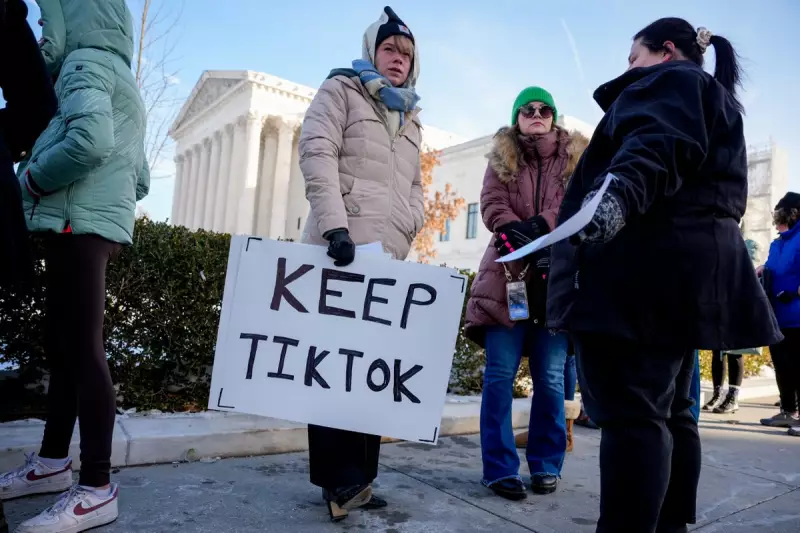
The political battle over TikTok has reignited with ferocious intensity, as former President Donald Trump declares his intention to once again target the Chinese-owned social media giant if he returns to the White House. This sets the stage for a monumental clash at the intersection of technology, national security, and US-China diplomacy.
The Algorithm at the Heart of the Storm
Central to the controversy is TikTok's notoriously sophisticated algorithm. US officials and lawmakers contend that this technology, developed by parent company ByteDance, could be weaponised by the Chinese government. The fear is that it allows for the mass collection of data on American citizens and could be used to manipulate public opinion by promoting or suppressing specific content.
Trump's renewed offensive marks a stark reversal from his recent, more ambiguous stance on the platform, which he had even begun using for his own campaign. This pivot underscores the powerful, and often conflicting, pressures surrounding the app.
A Political and Corporate Tug-of-War
The debate is not merely geopolitical. It's also a fierce corporate struggle. A potential ban or forced sale of TikTok's US operations would dramatically reshape the social media landscape.
- US Tech Rivals: American companies like Meta (Facebook and Instagram) and YouTube stand to gain millions of users and a significant competitive advantage.
- Financial Stakes: Any forced divestment would involve a transaction worth tens of billions of dollars, creating one of the most high-profile tech deals in history.
- The Free Speech Dilemma: Opponents of a ban argue it constitutes an unprecedented infringement on free speech, affecting the 170 million Americans who use the platform for expression, business, and community.
An Unresolved Conflict with Global Implications
President Biden's administration has also kept the pressure on, advancing legislation that would force ByteDance to divest TikTok or face a ban. However, any such move is expected to trigger immediate legal challenges, potentially dragging the issue through the courts for years.
This ongoing saga represents a critical test case for how democratic nations regulate powerful foreign-owned technologies in an increasingly interconnected world. The outcome will not only determine the fate of a single app but could set a global precedent for the future of the open internet, data sovereignty, and the balance between security and freedom.





